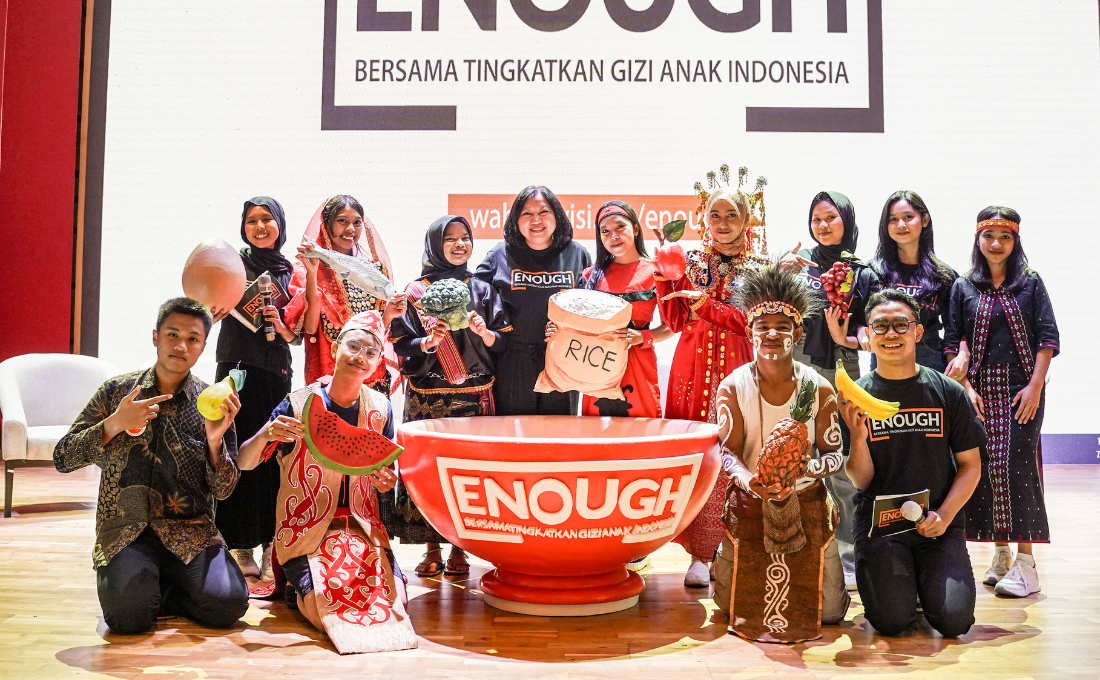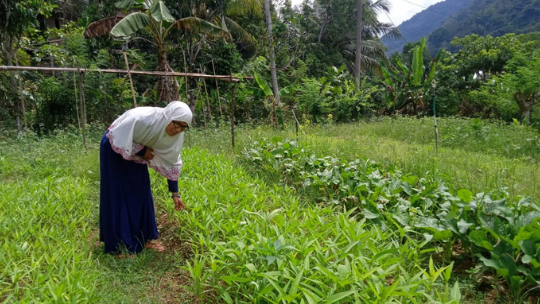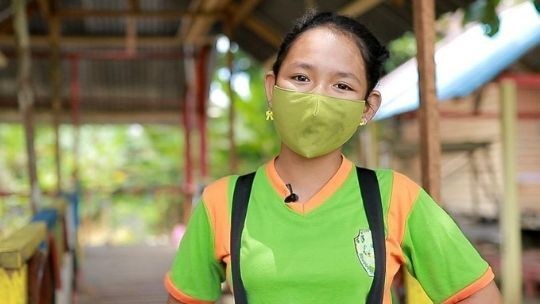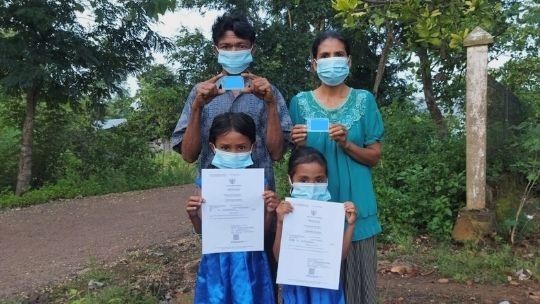ENOUGH Campaign: Initiating a Collaboration for Child Nutrition in Indonesia

Child protection is not solely about preventing violence against children, but also about fulfilling their rights, particularly the right to a healthy life and optimal growth and development. Issues related to health, especially stunting cases, are closely tied to the high rates of child marriage and adolescent health. This is not a singular issue but rather a ripple effect of various interconnected problems.
The urgency and importance of this issue require a pentahelix partnership at various levels. As a humanitarian organization, Wahana Visi Indonesia has launched the ENOUGH campaign to improve child nutrition in Indonesia over the next three years, beginning on July 25, 2024. This campaign is initiated by presenting the results of a national child-led research titled "Children's Research on the Situation of Youth Regarding Nutrition, Health, and Child Marriage".
Based on this research, here are some conditions of children in Indonesia:
-
1 in 3 children is forced to skip breakfast due to lack of food.
-
1 in 5 children cannot eat until they are full due to lack of food or pocket money.
-
1 in 5 children does not consume protein daily.
-
40% of adolescents stated that child marriage had occurred in their environment.
-
66% of adolescents do not know that child marriage is related to stunting.
These results correlate with data from the 2023 Indonesian Health Survey (SKI), which shows that 21.5% of children aged 0-59 months (toddlers) are stunted or severely stunted in Indonesia. The rate of decline in child marriage cases is also slow.
"Indonesia Emas 2045 marks 100 years of Indonesian independence. This means that we will become a country that is on par with other developed countries. When we look at this aspiration but compare it to the data from this child research, it seems pessimistic. But everything can be achieved if there is good governance," said Sumarjati Arjoso, a child development observer, when she attended the ENOUGH launching event. Opportunities for collaboration must also be created because this problem is not just an issue for one sector alone.
The ENOUGH campaign itself is a campaign for food security and child nutrition in Indonesia. The main objectives of this campaign are to meet children's nutritional needs, promote community food self-sufficiency so that children's nutritional needs can be met, and preserve Indonesia's nature for sustainability.
"We hope that the results of this research are followed up so that children can be more enthusiastic in becoming agents of change for all children living in various regions of Indonesia," said Zahrani, a representative of child researchers from World Vision's support area in East Lombok Regency, West Nusa Tenggara.
The research results, in the form of reports and infographics, can be downloaded at wahanavisi.org/id/media-materi/publikasi. All this data was generated through quantitative research conducted by 60 girls and 33 boys from 11 provinces and 28 regencies/cities aged 12-17 years who were members of the National Child Research Team. This research successfully collected data from 6,969 respondents aged 12-17 years, including children with special vulnerabilities (children with disabilities, out-of-school children, working children, and children who have been married).
At the beginning of this campaign, let us work together to improve child nutrition in Indonesia. Say ENOUGH to the unsatisfactory nutritional status of children, say ENOUGH for unprotected children, and say ENOUGH for every unfulfilled child's right.
Author: Mariana Kurniawati (Communication Executive)



